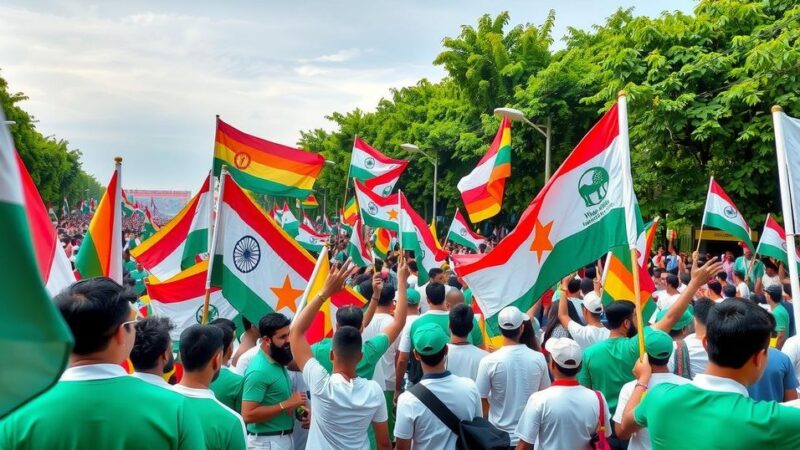Senegal’s parliamentary election concluded on Sunday, determining President Bassirou Diomaye Faye’s ability to implement reforms amidst opposition challenges. With over 7 million voters choosing 165 lawmakers, Faye’s PASTEF party seeks to secure a majority to facilitate legislative action. The election follows months of unrest and political imprisonment, highlighting critical democratic tensions in the West African nation.
On Sunday, Senegal closed its polls for a crucial parliamentary election that will determine the potential for ambitious reforms under President Bassirou Diomaye Faye. Over 7 million registered voters participated in choosing 165 lawmakers for the National Assembly, where President Faye’s party currently does not hold a majority. Faye has expressed that the existing opposition majority has hindered his ability to implement critical reforms essential for combating corruption and securing natural resource benefits for the population. In a bid to overcome legislative challenges, he dissolved the previous opposition-led parliament and called for this snap election. The electoral landscape features President Faye’s PASTEF party competing against the Takku Wallu coalition, which is spearheaded by former President Macky Sall. Although Faye needs a minimum of 83 seats to achieve a majority in the assembly, analysts are optimistic given his popularity and the significant support demonstrated during his presidential election win, where he secured 54 percent of the vote. The burden of high inflation and economic struggles particularly affects Senegal’s youth, with over 60 percent of the population under 25 years of age and most engaged in informal employment. Voter Aita Pene articulated this sentiment, noting the pressing need for employment opportunities in Senegal to prevent migration abroad. The recent electoral campaign was underscored by tension and violence, leading to confrontations among political factions and attacks on opposition party premises. Despite the unrest, President Faye advocated for peace and urged his supporters to accept the election results to maintain Senegal’s reputation as a bastion of democracy in a region plagued by political instability. The previous months witnessed significant unrest following accusations of political imprisonment against both Faye and his ally Ousmane Sonko, culminating in protests that saw hundreds detained and several casualties. Following a judicial intervention, the government recently released numerous political prisoners, allowing Faye to pursue his presidential ambitions with the backing of Sonko. As Senegal marks this pivotal moment in its democratic journey, the forthcoming provisional results are anticipated to shed light on the legislative future, crucial for Faye’s reform agenda and the nation’s stability.
This article addresses Senegal’s recent parliamentary election, which is vital for President Bassirou Diomaye Faye’s ability to implement promised reforms. Faye’s party, PASTEF, lacks a majority in the National Assembly, which has impeded legislative progress. With a significant youth population facing economic challenges, the election’s outcome could have profound implications for governance and stability in Senegal. Past political tensions and the potential for future unrest starkly highlight the importance of this election within the context of Senegal’s democratic reputation in West Africa.
In summary, the parliamentary election in Senegal represents a critical juncture for President Faye and his reform agenda. The outcome will influence not only Faye’s ability to govern effectively but also reflect the electorate’s desire for change amid economic hardship. The atmosphere of tension leading up to the election underscores the fragility of Senegal’s democratic processes, making the results highly consequential for the nation’s future.
Original Source: www.pbs.org





